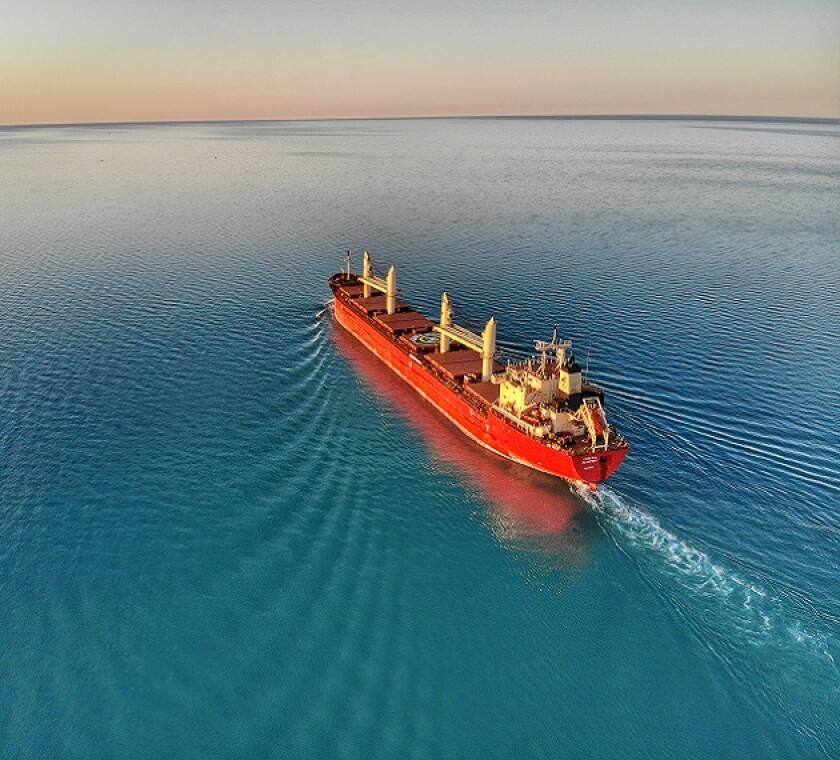Switzerland, located geographically in the heart of Europe, is associated with mountain peaks rather than a global maritime reach. However the country has one of the largest maritime merchant fleets in the world (11th in size globally, close behind the UK).
To strengthen the attraction of Switzerland to companies that operate and manage maritime activities, the Swiss federal government recently issued a consultation draft with regard to the introduction of a tonnage tax.
The proposed (simplified) law is that the taxable ‘profit’ of eligible companies would be based on cargo volume (net tonnage) rather than operating profits or volume of cargoes carried. The tax would be optional, and companies could choose instead to be taxed by existing methods.
It is considered that the tax would boost Switzerland’s attractiveness as an international business hub for maritime activities. This would help enlarge the shipping industry’s footprint in Switzerland. Further, the legislative draft provides incentives to modernise fleets and make them more environmentally friendly.
Eligible vessels and entities
Both corporations and individuals operating maritime vessels (freight and passenger), as well as special purpose vessels, would be able to apply for the tonnage tax; and
The taxable profit from operating and selling a vessel would be covered by the tonnage tax. Further, it would extend to profits from related activities on board a vessel, provided that these do not exceed 50% of the total profit from or of the vessel.
Requirements
At least 60% of the fleet (i.e. 60% of all ships owned and operated by the entity and subject to the tax) should be registered with the Swiss registrar; and
Taxation in accordance with the tonnage tax would be voluntary and would apply only on request from the taxpayer.
Determination of profit
The proposed draft would introduce a lump-sum tax on the profits attributable to maritime vessels, based on registered tonnage and days in use; and
Where vessels meet certain ecological requirements, particularly with regard to low emissions, a reduction of up to 20% would be available, based on criteria yet to be defined.
Though a legislative draft has been issued for consultation purposes, Switzerland is clearly taking a big step towards supporting an environmentally friendly shipping industry with an attractive taxation model.
Rene Zulauf
Partner, Deloitte Switzerland
Manuel Angehrn
Senior manager, Deloitte Switzerland













